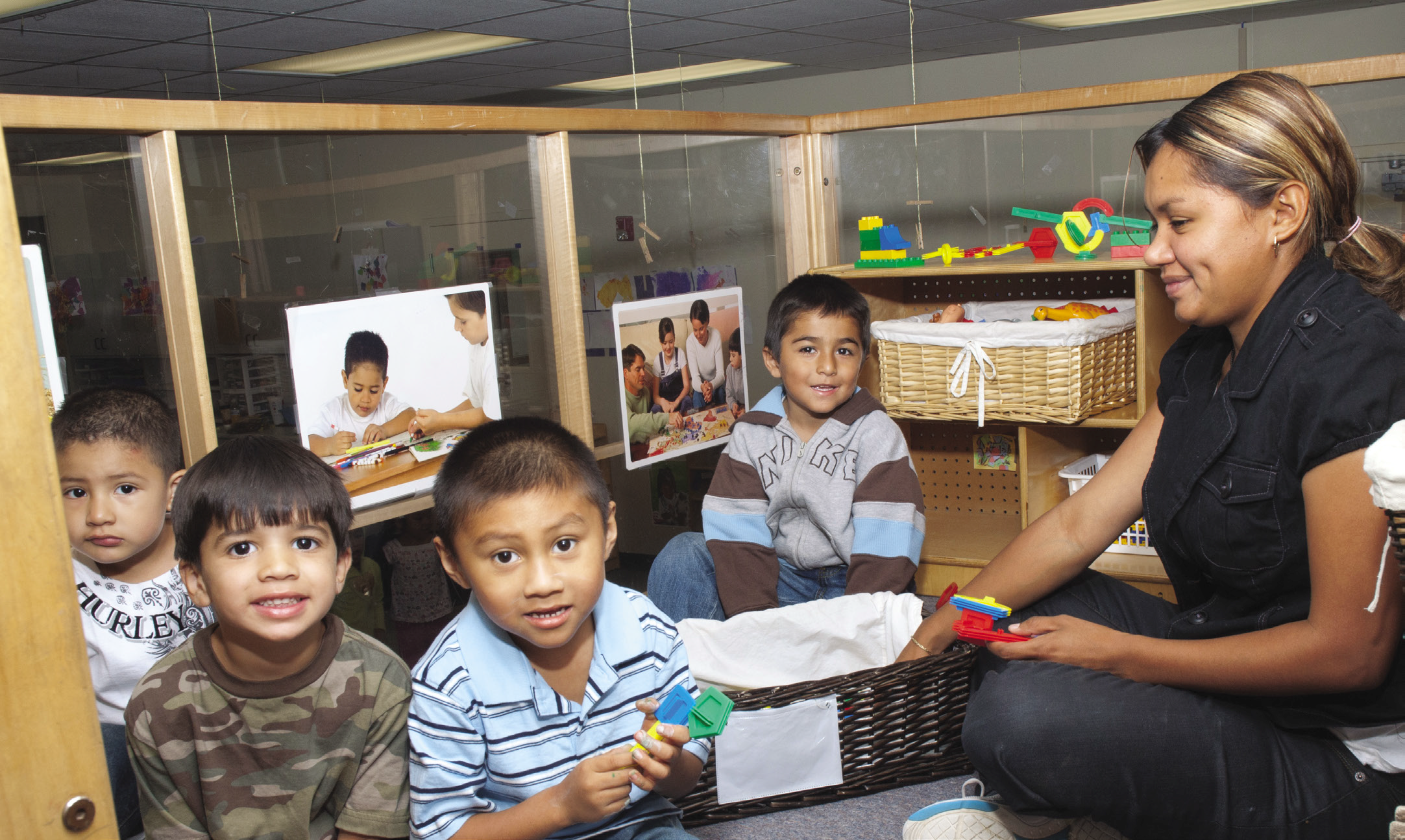
The Associate in Arts in Sociology for Transfer is designed to prepare students for a seamless transfer into the CSU system to complete a baccalaureate degree in Sociology. Sociology is the study of social behavior and human groups and focuses on social relationships, how those relationships influence people’s behavior and beliefs, and how societies develop and change. Students will learn the main theoretical approaches in sociology that explain society on both a micro level through the study of social interaction, and on a macro scale through the study of large social institutions. The curriculum for the Associate in Arts in Sociology for Transfer is intended to develop critical thinking skills, to explore the diversity of our social world, and to adequately prepare students for transfer to an upper division program in Sociology. The Associate in Arts in Sociology for Transfer allows students the opportunity to meet the lower division transfer requirements for a major in Sociology.
Pursuant to SB1440, the following Associate Degree for Transfer completion requirements must be met:
(1) Completion of 60 semester units or 90 quarter units that are eligible for transfer to the California State University, including both of the following:
(A) The Intersegmental General Education Transfer Curriculum (IGETC) or the California State University General Education – Breadth Requirements.
(B) A minimum of 18 semester units or 27 quarter units in a major or area of emphasis, as determined by the community college district.
(2) Obtainment of a minimum grade point average of 2.0.
ADTs also require that students must earn a C or better in all courses required for the major or area of emphasis. A “P” (Pass) grade is not an acceptable grade for courses in the major.
Associate Degree for Transfer (AA-T) Sociology
| Course | Units | Face-to-Face at FEC | Online | Pre-Req |
|---|---|---|---|---|
| Program Requirements | ||||
| SOC 100: Introduction to Sociology | 3 | Spring 24, Fall 24 | Spring 24, Summer 24 | |
| SOC 110: Social Problems | 3 | Summer 24 | Spring 24 | |
| SOC 205: Statistics for the Behavioral Sciences | 4 | Spring 24 | MATH 54, or MATH 56, or MATH 60, or eligibility determined through the math placement process | |
| List A: Select 2 courses | ||||
| SOC 125: Human Sexuality | 3 | Spring 24, Summer 24, Fall 24 | ||
| SOC 135: Gender and Society | 3 | Spring 24, Summer 24, Fall 24 | ||
| PSYC/SOC 205: Statistics for the Behavioral Sciences | 4 | Spring 24 | MATH 54, or MATH 56, or MATH 60, or eligibility determined through the math placement process | |
| SOC 200 / AMS 200 / MCS 200: Race, Class, and Ethnic Groups in America | 3 | Spring 24, Summer 24, Fall 24 | ||
| List B: (Any Course Not already completed from list A or One course from List B) | ||||
| BUS 104: Business Information Systems | 3 | |||
| or | ||||
| SOC 125: Human Sexuality | 3 | Spring 24 | ||
| SOC 115: Introduction to Women’s Studies | 3 | Spring 24, Summer 24, Fall 24 | ||
| SOC 130: Introduction to Sociology of Health | 3 | Spring 24, Summer 24, Fall 24 | ||
| SOC 145 / PSYC 145: Psychology and Sociology of Aging | 3 | Spring 24, Summer 24, Fall 24 | ||
| SOC 165: Self and Society | 3 | Spring 24, Summer 24, Fall 24 | ||
| SOC 170: Introduction to Justice Studies | 3 | Spring 24, Summer 24, Fall 24 | ENG 100 | |
| Total Units 35 – 38 | ||||
Image Sources
- Sociology: SDI Productions via Getty Images





